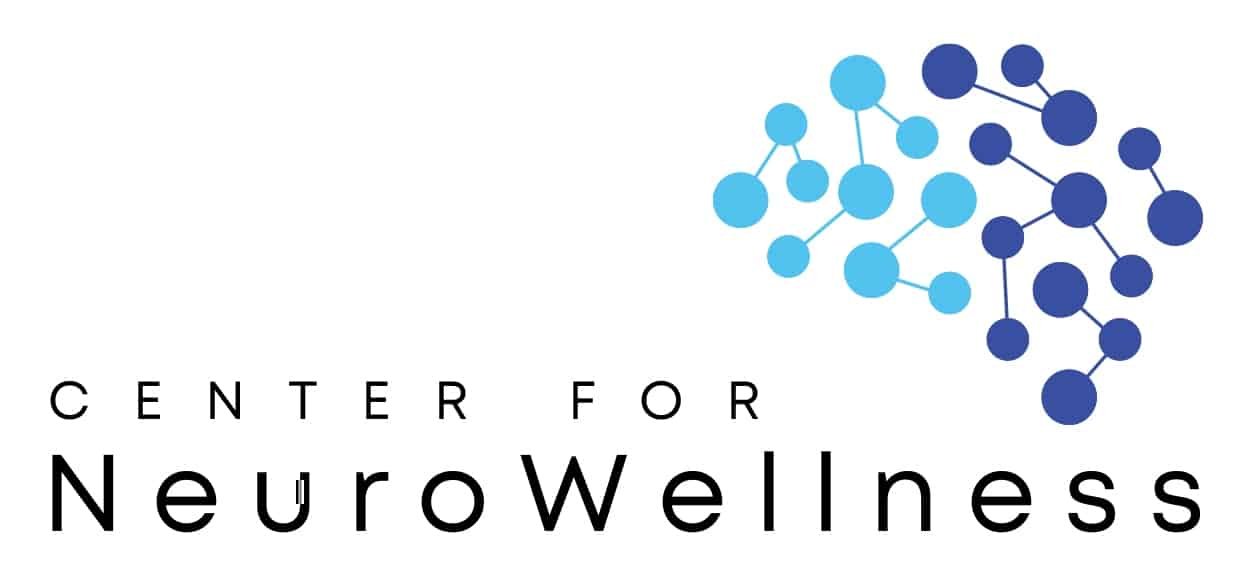Cognitive Behavioral Therapy
What is Cognitive Behavioral Therapy?
Cognitive behavioral therapy is a collaborative relationship between a therapist and a patient that aims at therapeutic change. The process includes treating a person’s maladaptive “schemas” or thought processes that uphold negative or unwanted emotional states such as depression or anxiety. It is based on the assumption that one’s thinking determines one’s emotional state. The therapy aids people in understanding their thinking patterns, in developing self awareness and in learning new cognitive and behavioral tools to treat their present difficulties. It ultimately provides people with new patterns of thinking and therapeutic tools to effectively deal with life stressors in the future.
How does Cognitive Behavioral Therapy differ from other Psychotherapies?
Cognitive behavioral therapy is brief, structured and problem solving oriented. It differs from many other therapies as its focus is on the here and now, and on present day difficulties. While other insight oriented therapies focus on the past in order to understand present troubles, cognitive behavioral therapy views the past in terms of learning, problem solving and as a guide to future areas of change.
How effective is Cognitive Behavioral Therapy?
Cognitive behavioral therapy is a widely supported and researched area in the field of psychology. There is much empirical support for the use of cognitive behavioral therapy for various disorders with specific focus on its effectiveness in treating both depressive and anxiety disorders in adults, adolescents and children. In addition, research specifically indicates its usefulness for persons suffering from trauma, personality and social issues, pain and physical disabilities.


